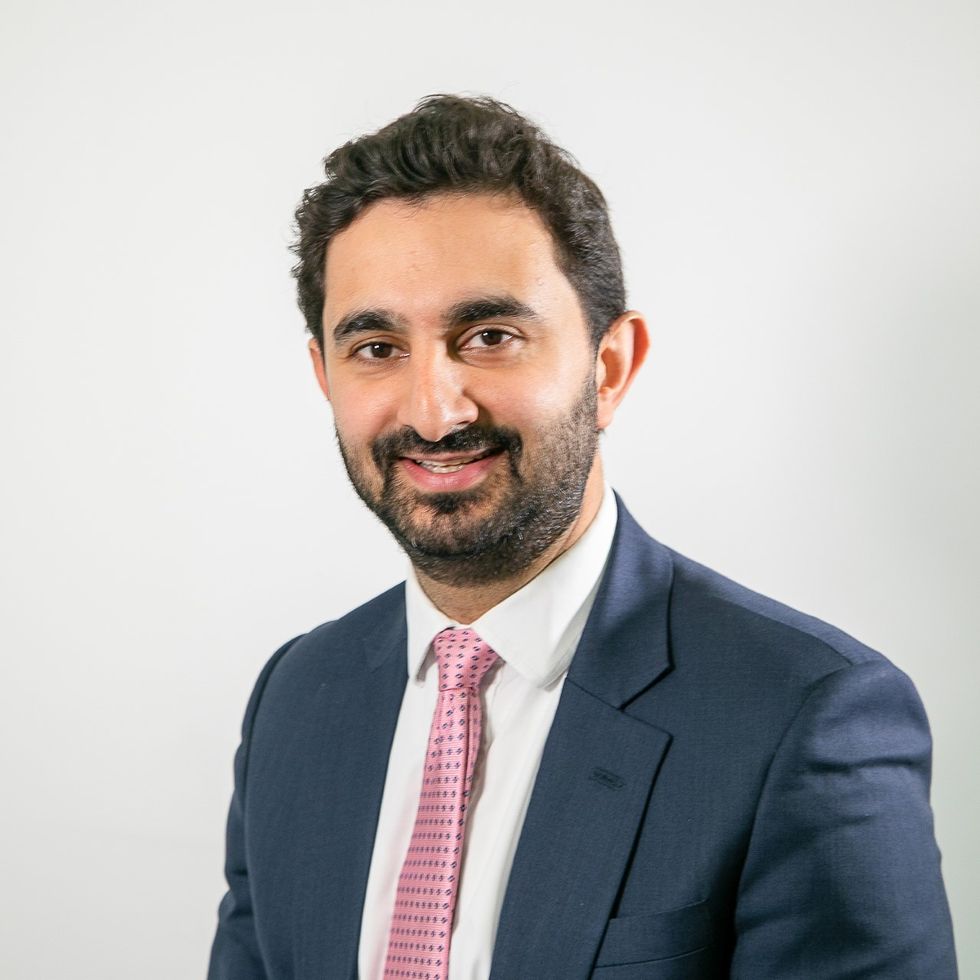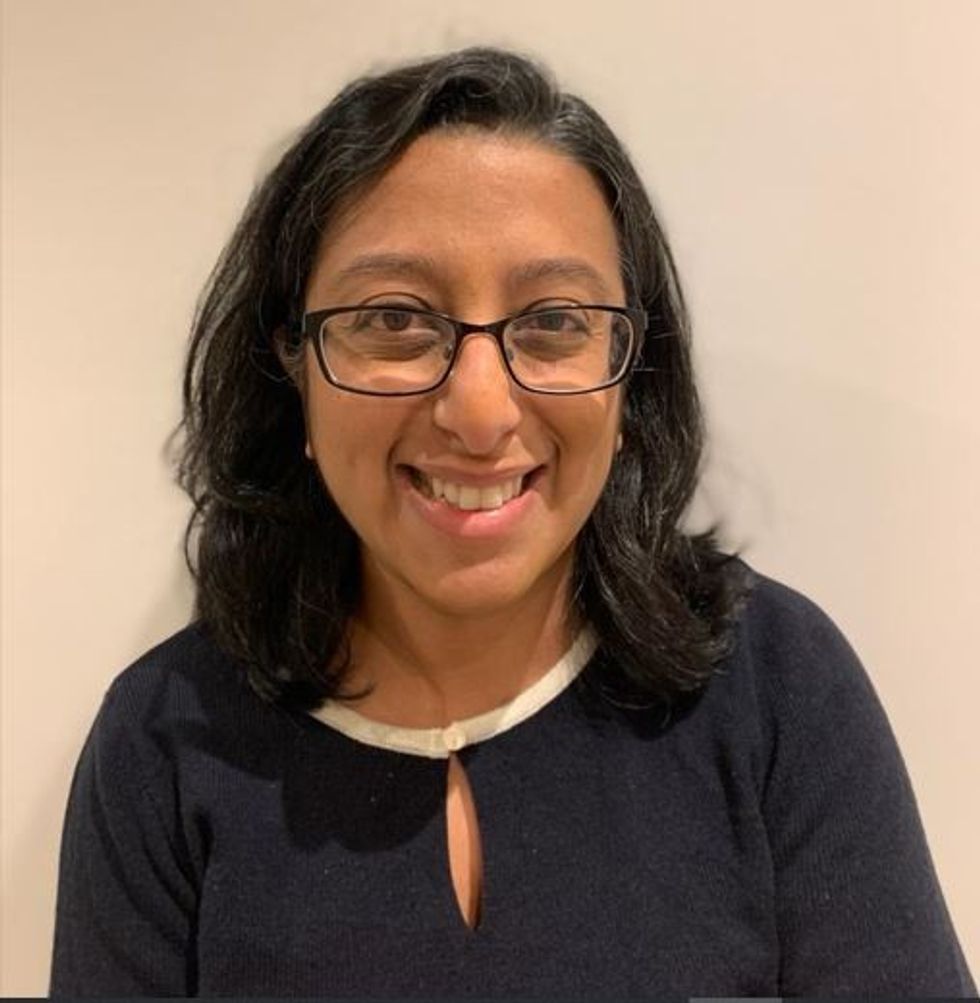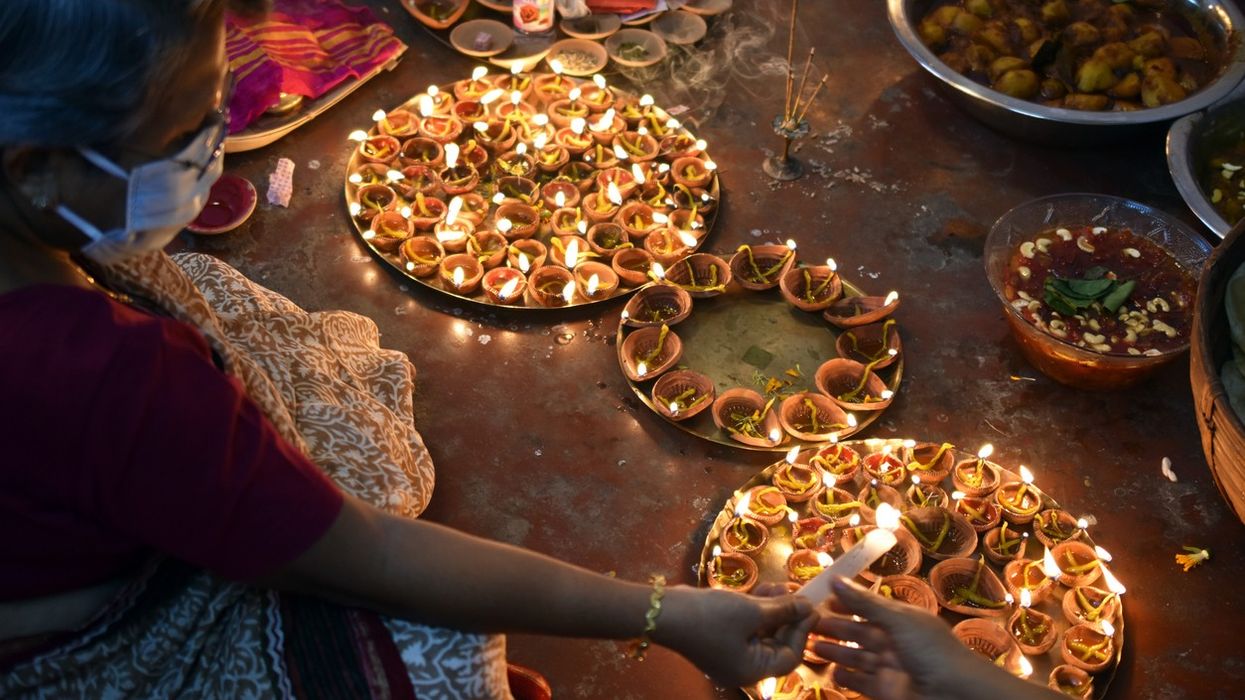Experts warn that this winter could be the first time we see the effects of a so-called ‘twindemic’, with people catching both Covid and flu at the same time, increasing their risk of serious illness. Don't worry, Dr Harpreet Sood and Dr Madhvi Joshi provide vital tips...
GPs Harpreet Sood and Dr Madhvi Joshi provide advice to help all celebrate safely....
Celebrating safely
With community celebrations and events back in full swing, the annual Diwali in the Square is no exception. Thousands of families flocked to London’s Trafalgar Square in October, to celebrate the festival of lights with a colourful range of music, dance, food and workshops.
A Health Hopper bus was on site, offering Covid-19 vaccines to those who need one, as well as a health stall providing general advice and guidance. Many cities will also soon host Christmas events, including the York Christmas Festival, that will be celebrating its 30th anniversary and is expecting to attract larger crowds than ever.

Dr Harpreet Sood, a GP in London explains there are more chances of picking up infections due to the changing weather, being outside in the cold and then spending time indoors in closed spaces.
“Some people need extra protection during colder weather as viruses circulate more and cause greater harm. Catching Covid-19 or flu for most people is unpleasant, but for some can be very dangerous. If we get both at the same time, the chance of being very unwell or going into hospital is even greater," said Dr Sood.
“Vaccinations are the best protection against getting seriously ill from these viruses and spreading it to other people.”
The basic steps that we all used earlier in the pandemic can still be followed. Staying at home when you are ill, washing your hands regularly, covering your mouth when you cough or sneeze, and keeping a window open when you have guests indoors, are still important to reduce the risk of infections spreading, he pointed out.
Dr Sood adds: “As we’re approaching festivals like Diwali and Christmas, we’ll be spending time with loved ones. But if you’re feeling unwell, we recommend you avoid going out and stay at home where possible. Older family members or those with underlying health conditions are particularly vulnerable and at greater risk of complication. It’s sensible to keep your distance from others until you’re feeling better.”
Boost your immunity
Alongside your vaccinations, here are some ideas to boost your immune system to help fight infection:
- A good night’s sleep – quality sleep helps us to feel fully rested. Giving your eyes a rest from blue light and gadgets a couple of hours before going to bed, avoiding caffeine from the early evening and a relaxing bedtime routine might also aid your sleep.
- Reduce your stress levels – with so much going on in our lives, it’s important to rest our minds as well as our bodies. We all have different ways of calming our mind - whether it’s yoga, meditation or a walk in the fresh air, find something that works for you.
- Eat healthy – most of our nutrients come from a varied and well-balanced diet. Plenty of fresh fruit and vegetables, as well as protein can boost our immune system. If you don’t eat meat, fish or eggs, protein can also be found in lentils, beans, pulses, soya and tofu. Government advice recommends that everyone should consider taking a daily vitamin D supplement during the autumn and winter. You may not make enough vitamin D from the sunlight if you have darker skin or spend a lot of time indoors, so you may decide to have a supplement all year round.
- Stay hydrated – remember to drink water regularly throughout the day. It might not be at the top of your priority list especially as you may not feel as thirsty in the winter, but it’s essential for our health.
- Exercise regularly– to help your overall health and strengthens your immune system and lower the risk of illness. It is recommended we do at least 150 minutes of moderate exercise a week, but if you aren’t able to manage that, remember some exercise is better than none at all.
Getting your winter jabs
Vaccines protect us from getting seriously ill and have saved lives and helped thousands of people stay out of hospital. Flu vaccines are available for free on the NHS for anyone aged 50 and over, those who are pregnant and people with certain health conditions. Others can have the vaccine because they may get seriously ill or pass it on to others if they catch it such as young children, primary school aged and some secondary school aged children.
This autumn, the NHS is offering next-generation Covid-19 vaccines that target two different variants of the virus, potentially improving protection. And it is important to come forward for both jabs even if you have been vaccinated before.
“Your immunity reduces over time which is why those at greater risk from the virus are being invited to top it up again ahead of winter. And the flu virus can change over time, so even if you had a flu vaccine last year, it’s important to come forward for one when you are invited this year," Dr Sood said.
“And if you or a family member still need an earlier dose of the Covid-19 vaccine, it’s not too late. You will be welcomed by your local NHS team and someone will be able to advise on what you need (which you can also check on nhs.uk or by calling 119)”

Dr Madhvi Joshi, a GP in Harrow points out that, as well as being quick and easy to get, the vaccines are safe.
“There has been extensive testing on COVID-19 vaccines and as our own communities have also been involved in tests, we can trust it is safe and gives us protection. There are no egg or animal products in the COVID-19 vaccine and although some flu vaccines contain egg, there are also low-egg and egg-free vaccines available, particularly for those with allergies," she said.
"Children over the age of 2 may be offered a nasal spray flu vaccine which contains small traces of porcine gelatine. But if this isn’t suitable for your child, an injectable vaccine will still be available. If you have any worries or questions about vaccines, please ask a health professional who will be able to help you.”
Getting your vaccines when invited gives you and your loved ones the best protection from serious illness and hospitalisation. Covid-19 vaccines can be booked online at www.nhs.uk/get-vaccination, by scanning the QR code, calling 119 for free, or in some areas you can find a local vaccination walk-in centre.
To find out more about the flu vaccine and who is eligible, visit www.nhs.uk/flujab.





